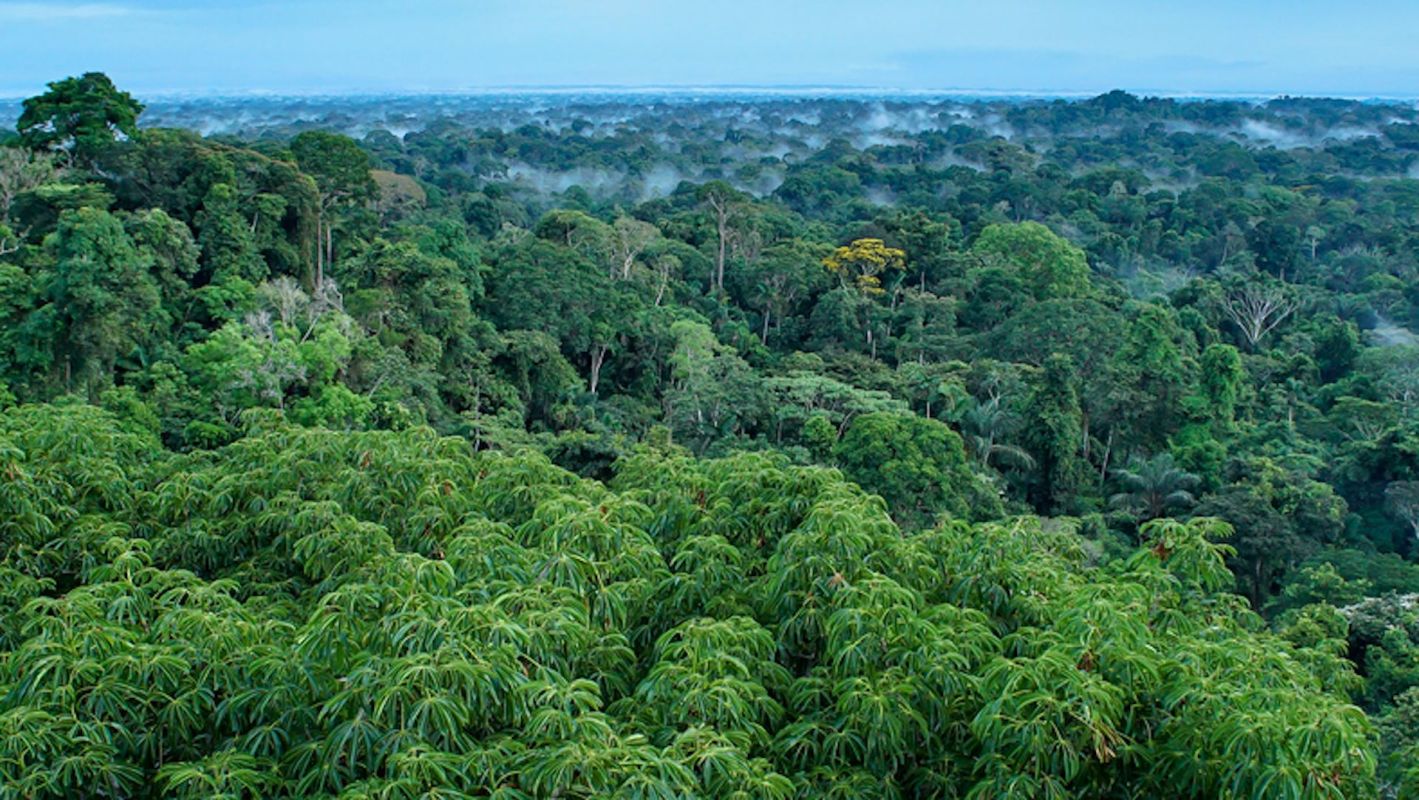An ambitious project to replant hundreds of thousands of trees in a portion of the Amazon rainforest went up in smoke on Sept. 3.
After an investigation, a report from the federal environmental agency ICMBio confirmed the cause was arson, leaving the project leaders to try to start again from the beginning.
What happened?
A report from Agence France-Presse (AFP), as published by Barron's, has detailed how a recently planted area of about 665 acres featuring 360,000 trees was destroyed by fire.
The project began in 2019 and was coordinated by environmental research group Rioterra to reclaim land that had been used for cattle farming and return it to forest space.
Project leader Alexis Bastos and staff were alerted to the disaster by satellite imagery, and the site is so remote that they arrived at the Rio Preto-Jacundá State Nature Reserve a day after the images showed the flames claiming trees that were only planted in 2020.
"It was horrible," Bastos told AFP. "People have no idea how much work went into restoring that forest. It was a really important, large-scale project."
Bastos believes the arson was in response to their efforts to bring ecological restoration to the area, with the local ranching industry that has been responsible for previous environmental crimes threatening them before.
Why did this happen?
Forest land in Brazil is often destroyed for farming activity, which can be extremely lucrative. But, as AFP noted, the destruction of protected rainforests for agriculture is illegal.
When Bastos and his team arrived at the reclamation site, they found roads blocked off by felled trees, suggesting an intention to stop any efforts to save the land.
Rainforests are crucial to the health of the planet. The trees at the Rio Preto-Jacundá State Nature Reserve, despite being young, were able to absorb almost 18 million pounds (8,000 tonnes) of planet-warming carbon from the air since they were planted.
How can we stop deforestation?
Cutting meat consumption is among the most impactful ways you can help to discourage deforestation.
Since the meat industry requires land for animal farming, reducing the global demand for meat will alleviate pressure to keep the supply chain stocked. With less demand for meat, the need to farm will be reduced.
According to research published in the Nature Food journal and summarized by the Guardian, the use of cows, pigs, and other livestock for food, as well as the feed needed to keep the animals, accounts for 57% of all food production pollution.
The study noted that the whole food production system, from farm to table, accounts for 35% of all global emissions.
Join our free newsletter for cool news and cool tips that make it easy to help yourself while helping the planet.









